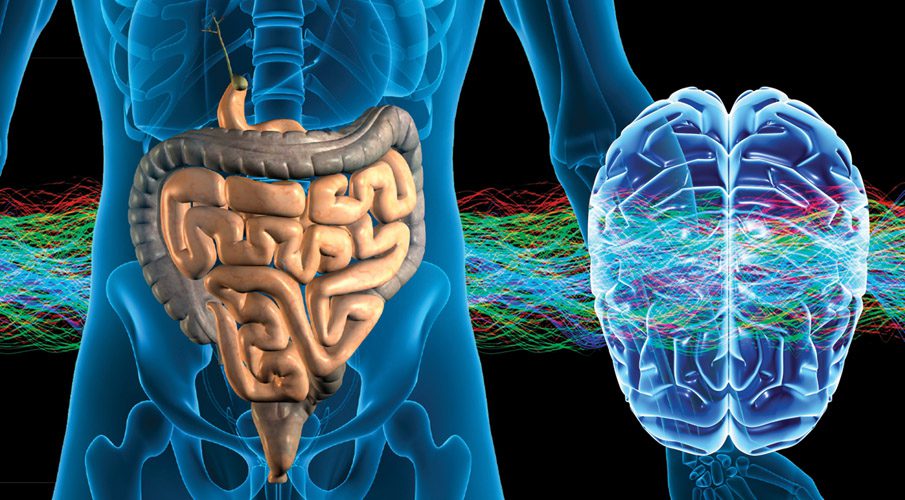The gut has been labeled by some scientists as the body’s “second brainâ€, and there is certainly a simple truth in this definition. Recent research has shed an enormous light on the human gut; doctors are learning that there is a deep connection between our gut and our brain, and that we are only as healthy as our stomachs are. This is fairly revolutionary in the world of modern medicine as it bridges the gaps between an individual’s digestion, diet, mood, health, and thought processes.
Together, “our two brains†play a vital role in either preventing or abetting certain diseases in our bodies, thus playing a huge role in our overall health.
The implications of this new research are crystal clear: the gut and the brain are significantly connected. To maintain our overall health, we must pay attention to how we treat both of our brains. Most of us take great care of our real brain but we neglect to dedicate that same level of care to our second one, and this is often met with disastrous results.
In order to stay healthy physically, emotionally, and psychologically, we need to pay attention to how we treat our digestive system. Luckily, this isn’t that hard. To begin our journey to a healthy gut, we need to make simple lifestyle changes, and these changes (when maintained) have the power to transform our bodies into lean, mean, self-healing machines!
Here Are Some Tips for Having a Stronger Gut and Brain Connection
- Reduce eating processed foods: When your main diet consists primarily of refined and processed foods, you are more susceptible to developing a host of health problems, such as type 2 diabetes and migraines. If you live on cake, white bread, chips, donuts, and all other kinds of food processed from white flour, you are not taking care of your gut.
- Eat more fiber: To live a healthier life, you will need to increase your fiber intake. Since fiber cannot be broken down by the body, it becomes a feast for intestinal bacteria. These good intestinal bacteria produce butyrate, a short chain fatty acid that helps to improve the function of the digestive tract. Butyrate also works to enhance brain function.
- Load up on probiotics: For clarity, probiotics are defined as good bacteria that line the human gut and are responsible for nutrient absorption and supporting the immune system. They have also been found to reduce anxiety and depression, and help produce serotonin in the gut, which has protective effects against irritable bowel syndrome, osteoporosis, and cardiovascular disease. It makes sense then to replace processed foods with probiotic-rich foods such as yogurt, kefir, sauerkraut, tempeh, kimchi, miso, and kombucha.
- Take enough folate and vitamin B12: Folate and vitamin B12 are produced in the gut microbiome, but it is yet unclear how much of these vitamins are actually made and absorbed into the body. This is why it is best to consume animal products like pasture-raised eggs for Vitamin B12 and lots of organic green vegetables for folate. These vitamins are essential for brain health, nervous system functionality, and overall health. They also help prevent heart disease and depression.
- Limit your intake of gluten: Most of the time, limiting your intake of gluten will have a positive effect on your gut flora.
- Go for healthy fats: Necessary for brain development, healthy fats also protect human cells from damage and help to improve memory and cognitive functions. Good examples of healthy fats are olive oil and avocados, so make sure to stock up on them.
- Use herbs and spices to help the healing process: There are several herbs and spices that can be eaten or even used topically for healing. These natural foods improve heart health, reduce inflammation, and boost the immune system. Examples are chamomile, anise, aloe vera, bay leaves, black currants, cilantro, and hyssop, but there are hundreds more.
REFERENCES
http://www.organiclifestylemagazine.com/the-gut-brain-connection-how-it-affects-your-life
https://generalhealthmagazine.com/category/health/


